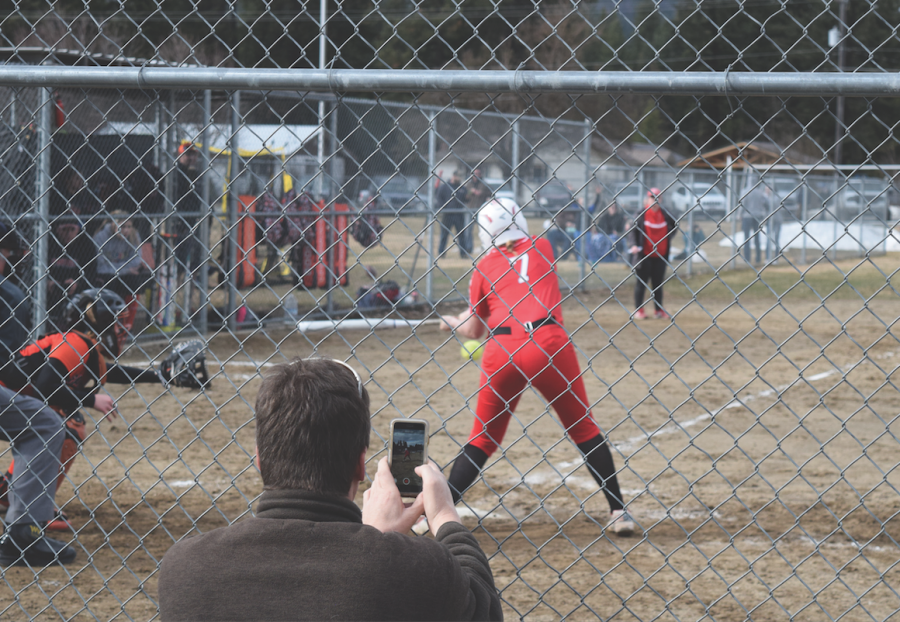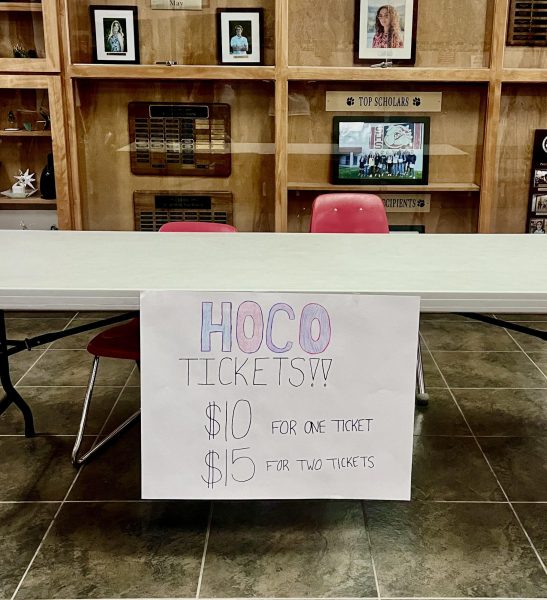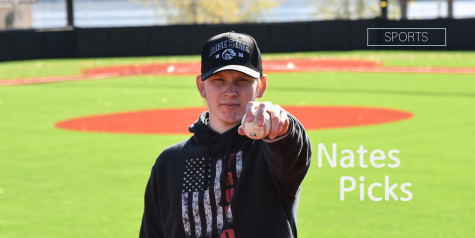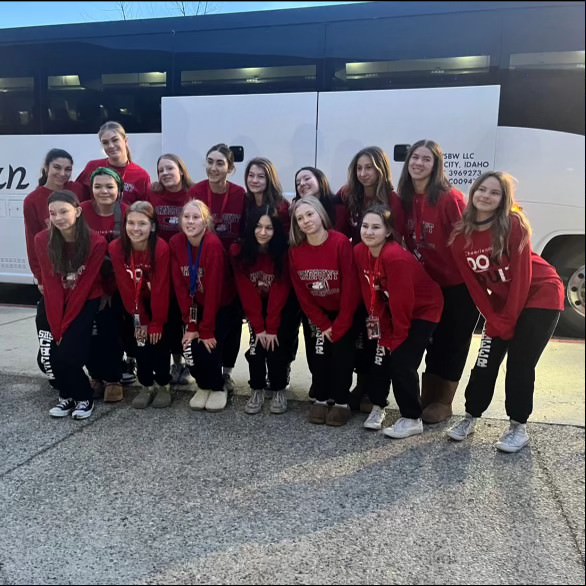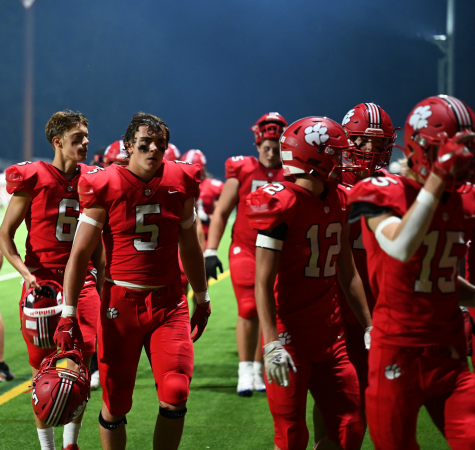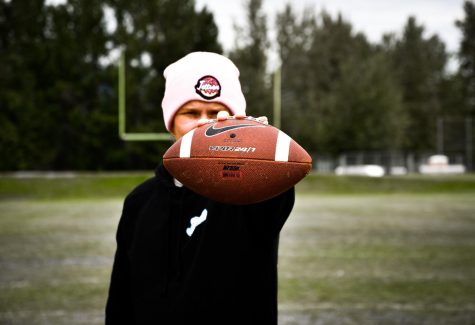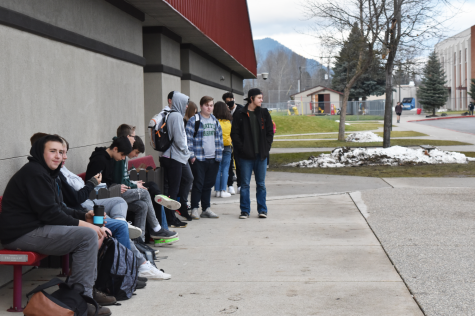STUCK IN THE MIDDLE
Students are at a disadvantage when parents, coaches clash
A staple at every sporting event, parents are perhaps the biggest cheerleaders for their children. They will travel for hours to watch every possible competition, and they are often the people who get their child initially interested in the sport and play with their child, whether it be throwing a ball or practicing shooting. However, once their child is on a school team and under the direction of a coach, a select few parents can become too involved with the team.
“I think that parents nearly always have the best interests of their child in mind, but sometimes being too involved can lead to distractions or issues,” track coach Matt Brass said.
Parents are often involved in helping the team function better, but Brass says that it is when they choose to focus on bettering just their own children and not the whole team that issues arise.
“When a parent’s main or only focus is on their child’s performance, their child’s stats or their child’s success, then the parents behavior is damaging to the team as a whole,” Brass said. “Not just with their actions, but their attitude can also put their child in a touchy spot. The athlete can either start to emulate the same ‘me first’ attitude, or they are stuck between their parent and their coach.”
Softball coach Elizabeth Hawkins-Williams adds that parents interfering with the sport and the coaching provides a distraction for the athletes.
“Student athletes can be easily distracted by their parents, whether they are in the stands, assisting or coaching, because of the emotional involvement their presence creates,” Hawkins-Williams said.
Due to these distractions, the coach may be forced to divert their attention away from the team, which hurts their athletes.
“Overbearing parents cause me to feel stress, worry, dread and become distracted,” Hawkins-Williams said. “I want to put the student athletes first, and overbearing or overly-involved parents make that difficult to do because they take the focus away from the student athletes and put it on themselves. It also damages the relationship between the coach and the parents, and the student-athlete becomes stuck in the middle. The student athlete will always lose in this scenario.”
Hawkins-Williams added that because parents have a crucial influence on their children’s behavior, they can assist with their development by positively cheering them on in the stands.
“It is very important to have parents involved as positive supporters, spectators and fans of the team,” Hawkins-Williams said. “This is a great opportunity for parents to teach their child about appropriate behavior. If parents in the stands are positive, encouraging and poised during games, it is easier for the student athletes to learn and mirror that behavior on the field. The student athletes can be easily influenced by the moods of the crowd, so parents can help the players remain confident and positive during games by modeling those behaviors in the stands.”
If parents do desire to become involved with the team, they are often encouraged to do so, but in a certain manner.
“If parents want to help, they are given specific tasks that help the entire team, and they do not work directly and solely with their children,” Brass said.
Though parents may sometimes become more involved in their children’s sports than is necessary, both Hawkins-Williams and Brass agree that they are a crucial asset to the teams.
“Parent support is a major factor in an athlete’s success,” Brass said. “Being at competitions, cheering on their children in a positive way, this is a very important role that the parents can play in their child’s athletic participation.”

Sam Hendricks is a senior and it is his second year on staff. He is a sports editor.


